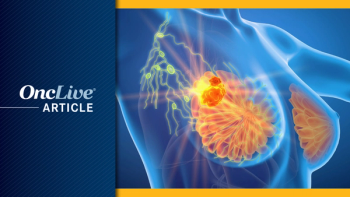
Oropharyngeal Cancer
More is now known about the types of HPV that increase risk.
We’ve known about the link between oropharyngeal cancers and HPV and we now know more about the types of HPV that significantly increase the risk of these cancers.
Researchers in England compared blood samples from 938 patients with head and neck, esophageal, and oropharyngeal cancers with samples from 1,599 people who did not have cancer. They found that more than a third of those with oropharyngeal cancers also carried antibodies to one of HPV's key cancer-causing proteins — a protein from the HPV16 virus called E6 – and these antibodies could be detected in patients' blood even in samples taken more than 10 years before cancer was diagnosed. By comparison, less than 1% of people without cancer carried the antibodies.
It’s believed that HPV's E6 protein disables the p53 protein, a protein that protects cells from DNA damage and the development of cancer. The researchers estimated that 7 in 100 non-smoking women and 23 in 100 non-smoking men who carry the E6 antibody will develop oropharyngeal cancer in the next decade. However, the patients with oropharyngeal cancers linked to having the HPV infection were more likely to survive than people whose cancers were not HPV-related. This conclusion was drawn from the data that 84% of people with the HPV16 antibodies were alive 5 years after diagnosis, compared to 58% of people who did not have the HPC16 antibodies.
Reference
Kreimer AR, Johansson M, Waterboer T, et al. Evaluation of human papillomavirus antibodies and risk of subsequent head and neck cancer. JCO 2013; 31(21): 2708-2715.



































